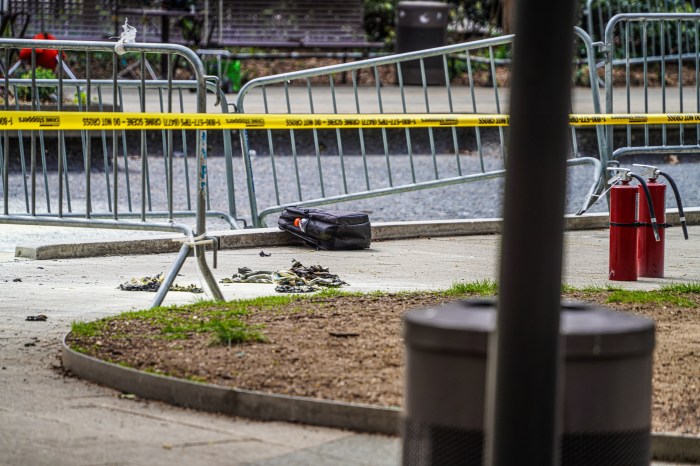Should teachers evaluate the performance of their principals?
Of course, for the same reason that principals ostensibly evaluate teachers: to provide positive insight and constructive guidance to help improve their professional performance.
In fact, the teachers may be better qualified for this task, since on average they have far more classroom experience than do the new breed of principals appointed over the last dozen years or so. We can all learn from each other.
When criticizing principals, teachers should be careful to avoid the same pitfalls they sometimes attribute to their titular supervisors: the “gotcha” mentality. Evaluating others, subordinate or “superior” should always be free of a hint of vendetta or conflict of personality. Criticism should be rational and allow for reasonable elasticity in judging how people are doing their job.
It is strange that until the United Federation of Teachers-city Department of Education contract was achieved recently, after many years of willful stonewalling by the Bloomberg administration, the idea of teachers playing any role in assessing the strengths and weaknesses of school leaders was considered radical and appallingly audacious.
But consider that college kids, many still teenagers, have for a long time now been asked to rate their professors. And to give a more fully-dimensioned picture of how schools are operating, students and non-professional adults have been given a voice in appraising them.
The new contract, revolutionary in some ways, calls the bluff of those people who grouse that teachers regard the rule book of their contract like a life-support system, and if those restrictive regulations to which the DOE is party were ever departed from, teachers would run for the hills.
Not so. Sixty-seven schools have chosen to participate in the PROSE experiment, which allows schools to depart from many of those supposedly suffocating rules. Twenty-two of those schools have opted to try out a “leader evaluation system.”
That is great news, but why didn’t the remaining two-thirds of schools who are part of the PROSE initiative vote for such a system? Perhaps they are just wary of the DOE. Maybe they are just waiting to see whether this bold adventure is for real or just a set-up.
Teachers should not only have the selective right to evaluate principals, they should be mandated to do so, and their observations should be a factor in determining the future status of the principal. No principal should be in the good graces of the DOE if its professional staff has honestly, in good-faith and competently identified severe flaws.
And all 1,800 schools in the system should participate in this leader evaluation system. It will bring us all closer to solutions and to each other.
Ron Isaac
Bayside
































